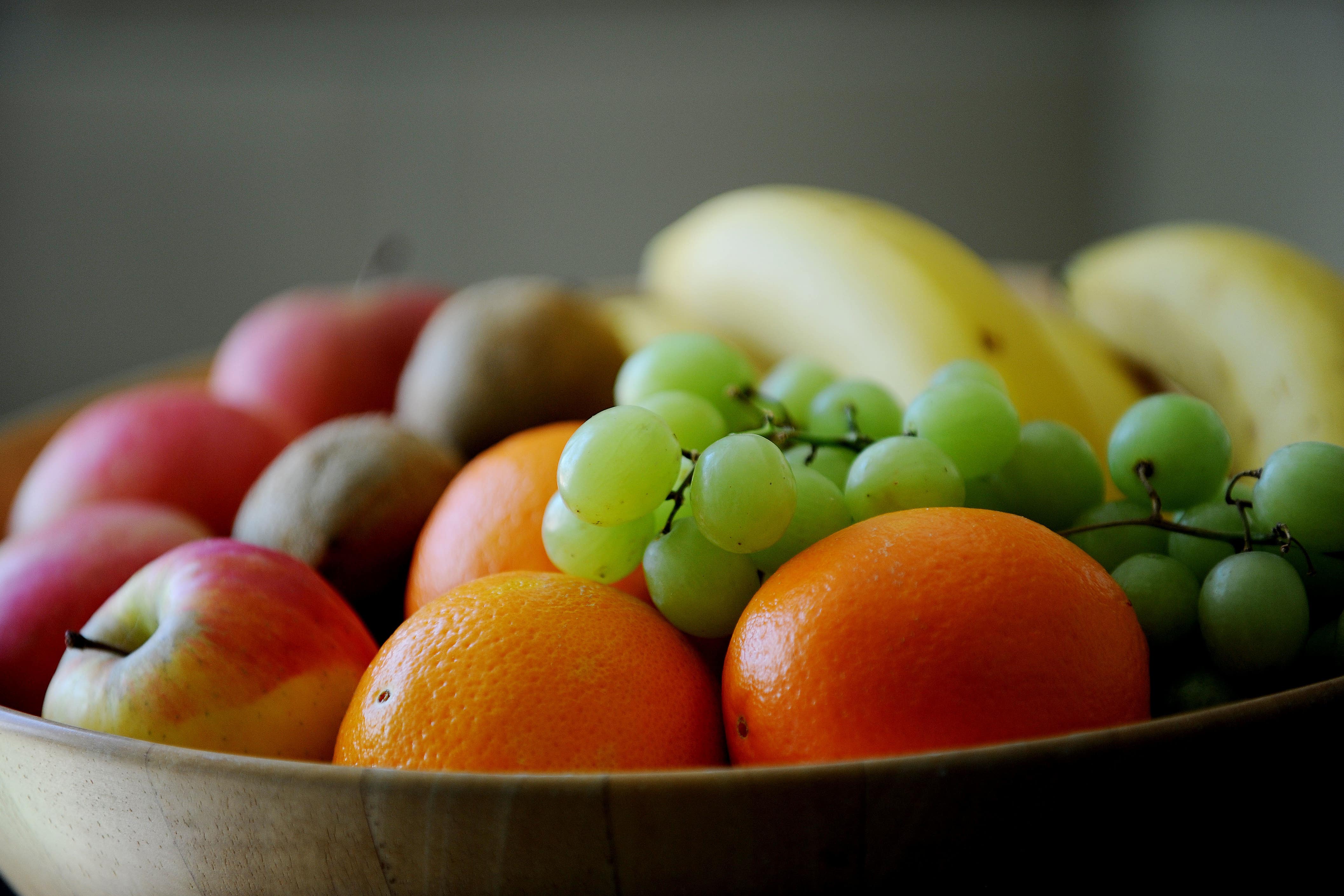Source of sugar, not just amount, could impact weight in children – study
Academics explored if intrinsic sugars – sugar that occurs naturally in the food – impacted the rate of obesity in youngsters.

Children who consume most of their sugar from milk or fruit rather than cakes or sweets are less likely to go on to be overweight or obese, according to researchers.
Academics from the University of Groningen and University Medical Centre Groningen in the Netherlands explored if the source of sugar, not just the amount, impacted weight gain.
The team analysed data from GEKCO Drenthe, an ongoing study of children born in Drenthe between 2006 and 2007.
Answers to a food intake questionnaire, completed by the parents of 891 children when they were three years old, were used to calculate daily sugar intake.
The height and weight of the children were taken by nurses and used to calculate a body mass index (BMI) z score, which is used to measure how many standard deviations a child’s BMI is above or below average for their age and gender.
The average total daily sugar intake of the group was 112g.
Some 102 children who were a normal weight at age three were overweight or obese by 10 or 11.
Researchers found that total sugar intake at age three was not related to weight gain, but a higher intake of sugar from snacks like cakes or sweets led to a higher BMI z score when the child was older.
A higher sugar intake from fruit or unsweetened dairy products like milk was linked to less weight gain and a lower BMI z score.
Children who had the highest intake of these products at age three had a 67% lower risk of going on to be obese or overweight at 10 or 11 compared to those with the lowest intake.
Junyang Zou, of the University of Groningen’s department of epidemiology, said: “The high consumption of sugary foods is considered a risk factor for childhood overweight and obesity, and so children are advised to consume less sugar-rich foods, such as confectionery, cakes and sugar-sweetened drinks, and eat more fruit and unsweetened dairy products, such as milk and yoghurt.
“But while fruit and unsweetened dairy products are considered healthy, they contain high amounts of intrinsic sugars – sugar that occurs naturally in the food, rather than being added.
“We wanted to know if the source of sugar, added versus intrinsic, as well as the amount, affects the likelihood of developing overweight or obesity.
“While this has been studied before, the results are inconsistent and there is a lack of high quality research on the topic.”
Ms Zou suggested the findings, which were presented at the European Congress on Obesity (ECO) in Venice, mean children “should be encouraged to have fruit and milk instead of sweetened milk and yoghurt drinks, sweets, cakes and other foods rich in added sugar”.
Bookmark popover
Removed from bookmarks